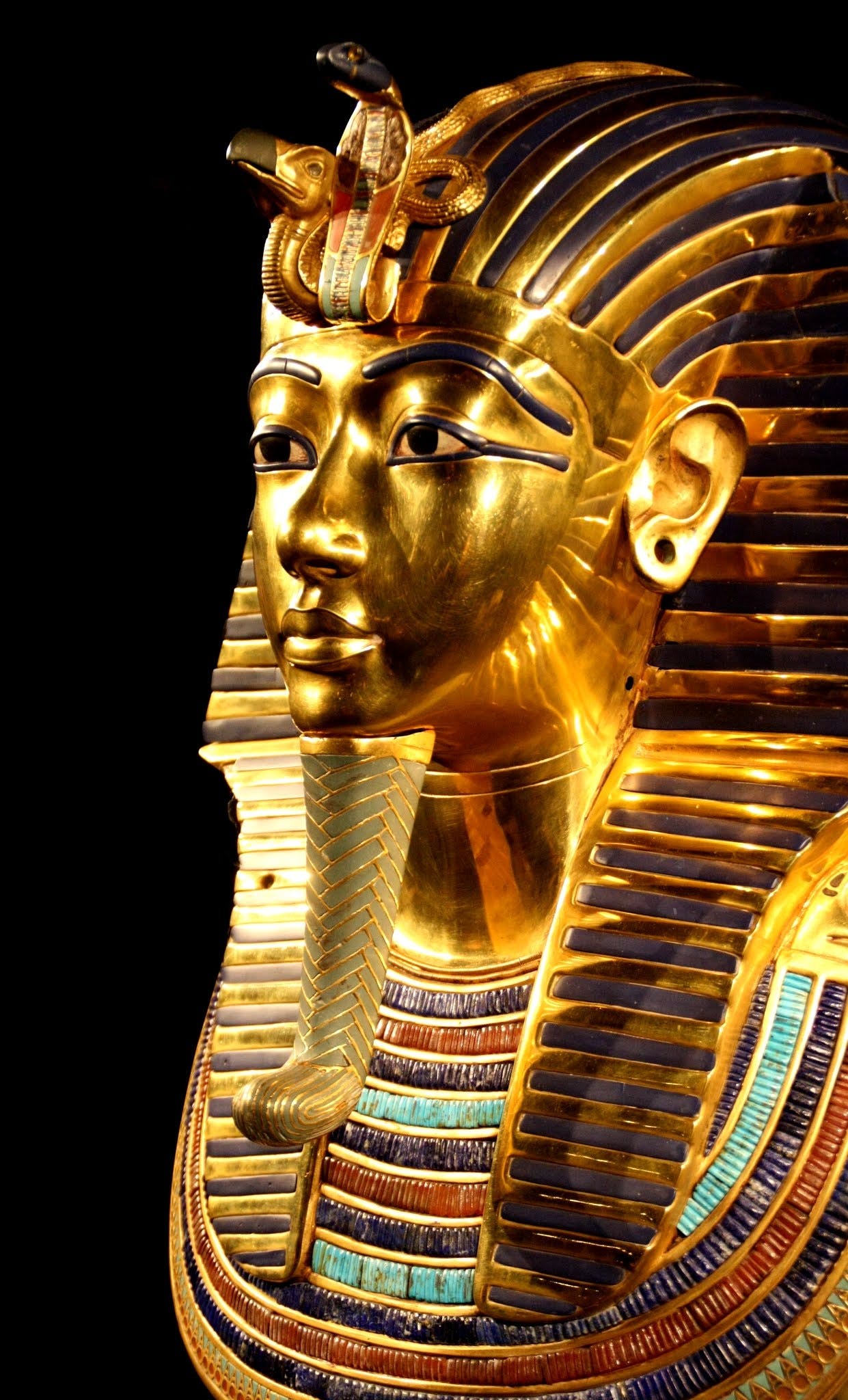The Gold News Mystery Revealed
 Throughout the festival, a free bus tour Bustour takes guests to see the illuminations at authorities buildings. The Free and Hanseatic City (Freie und Hansestadt) of Hamburg is the second smallest of the sixteen Länder of Germany, with a territory of only 292 square miles (755 square km). The town is a centre of the jewelry trade and produces other gold- and silver-plated products. The city is the seat of a technical school for precious metalworking. It is also the most populous metropolis in Germany after Berlin and has one of the largest and busiest ports in Europe. In fact, Germany stated they might play the role of savior to those nations that nonetheless have gold price today reserves left. These two (fully different) stability sheet items have not been correctly differentiated for many a long time now. The Roman limes (a defensive line of fortifications in opposition to the Germanic tribes) passed over the northern a part of the town, the place two castles were positioned. The favourites have been enjoying outsiders within the final round, سعر الذهب اليوم and two of the 4 leading teams did verify their status.
Throughout the festival, a free bus tour Bustour takes guests to see the illuminations at authorities buildings. The Free and Hanseatic City (Freie und Hansestadt) of Hamburg is the second smallest of the sixteen Länder of Germany, with a territory of only 292 square miles (755 square km). The town is a centre of the jewelry trade and produces other gold- and silver-plated products. The city is the seat of a technical school for precious metalworking. It is also the most populous metropolis in Germany after Berlin and has one of the largest and busiest ports in Europe. In fact, Germany stated they might play the role of savior to those nations that nonetheless have gold price today reserves left. These two (fully different) stability sheet items have not been correctly differentiated for many a long time now. The Roman limes (a defensive line of fortifications in opposition to the Germanic tribes) passed over the northern a part of the town, the place two castles were positioned. The favourites have been enjoying outsiders within the final round, سعر الذهب اليوم and two of the 4 leading teams did verify their status.

Because the prize of its victory in the Sino-Japanese War of 1894-95, Japan demanded from China the cession of the Liaodong Peninsula. The notorious Twenty-one Demands that Japan offered to China in 1915 compelled the Chinese to extend Japan’s lease on the territory of Kwantung (Pinyin: Guandong; at the tip of the Liaodong Peninsula) for ninety nine years and to grant the Japanese far-reaching civil and business privileges in Manchuria. The Japanese took over the course, financing, and growth of all the important Manchurian industries, with the fortunate consequence that by the tip of World War II Manchuria was probably the most industrialized area in China. Industrially, the initial process of the communists was to reconstruct industrial plants so that Manchuria may function a major base for the further industrialization of China. Nationalist progress in taking over the major Manchurian cities was gradual. The overambitious Zhang Zuolin ran afoul of the Japanese and was assassinated in 1928. His more patriotic son and successor, Zhang Xueliang, ignored Japanese warnings and decided to solid his lot with the Nationalist government in Nanjing. By the war’s end, extra Blacks than whites lived in the towns.
Blacks boycotted a Witwatersrand bus company that tried to boost fares, they formed trade unions, and in 1946 more than 60,000 Black gold price miners went on strike for increased wages and improved residing conditions. Afrikaners felt threatened by the concessions given to Blacks and created a collection of ethnic organizations to promote their pursuits, including an financial affiliation, a federation of Afrikaans cultural associations, and the Afrikaner Broederbond, a secret society of Afrikaner cultural leaders. On March 9, 1932, the Japanese created the puppet state of Manchukuo (Pinyin: Manzhouguo) out of the three historic Manchurian provinces. Prussia in particular continued to exist as a state. Schwäbisch Gmünd, metropolis, Baden-Württemberg Land (state), southwestern Germany. This economic rapprochement, which had political parallels, occurred towards the backdrop of the rising danger of National Socialism in Germany. While some profited from trade with the Axis, the Swiss generally rejected these regimes and their racist ideology, considering these a mortal danger for their democracy and numerous linguistic and religious population. Switzerland appeased the Axis, nevertheless it additionally was able to defend its independence within the event of a German assault.
For those who have any kind of queries regarding exactly where and also the way to employ سعر الذهب اليوم, you'll be able to contact us with the web-site.